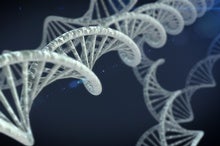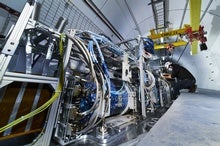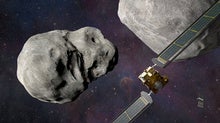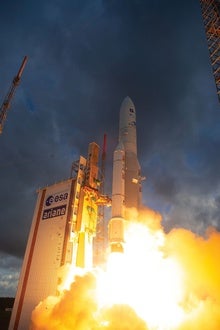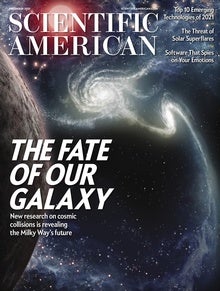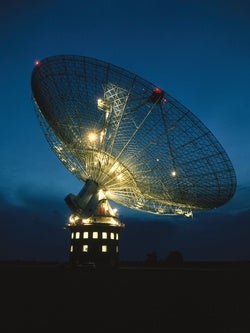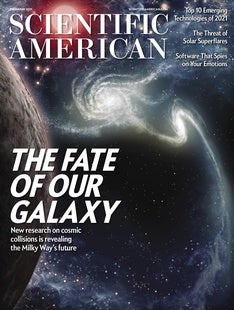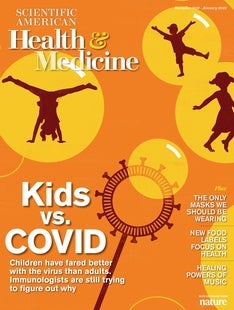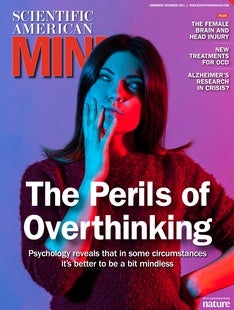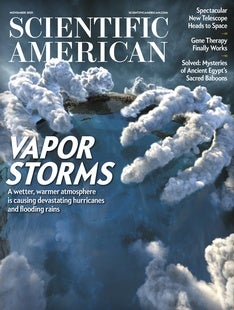|
 | ||||
| December 02, 2021 | ||||
| Dear Reader, This week, we're commemorating a cosmic mystery. 2021 marks the 20th anniversary of the initial detection of fast radio bursts (FRBs), brief but extremely energetic eruptions of light from as-yet-unknown sources scattered throughout the observable universe. Our lead story details how far astrophysicists have come in two decades of FRB studies—and how far they still have to go to fully explain the phenomenon's enigmatic origins. Elsewhere, we have articles about the quest for "agnostic" biosignatures, NASA's mission to cancel an asteroid apocalypse, life's uncertain origins and more. | ||||
| ||||
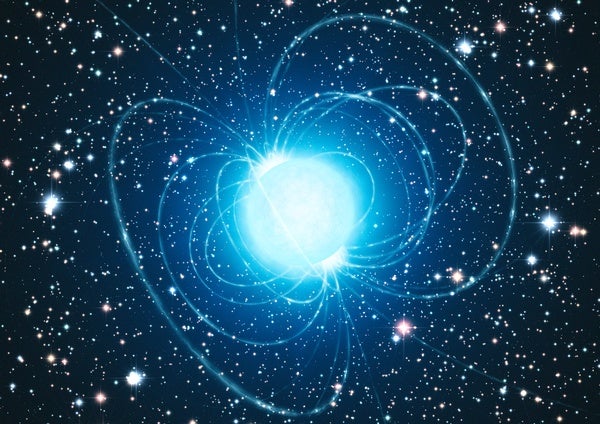 | ||||
| ||||
| ||||
| ||||
| ||||
| ||||
| ||||
| ||||
| ||||
| ||||
| ||||
| LATEST ISSUES | ||||
| ||||
| Download the Scientific American App | ||||
|

